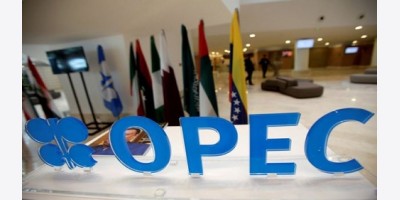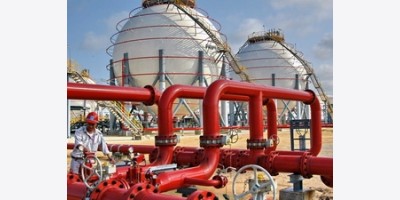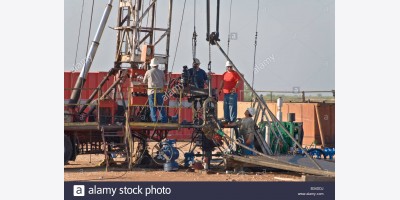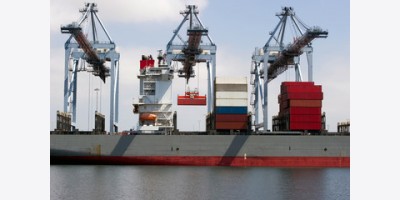By Bloomberg
Libya, the OPEC nation producing at about 10 percent of capacity, is set to raise oil shipments next week as a tanker was booked to load crude from one of four ports seized last year by rebels.
State-run National Oil Corp. lifted force majeure on the Hariga terminal yesterday, according to a statement on its website. Vienna-based oil company OMV AG provisionally booked a tanker to load as much as a million barrels of oil from the port next week, according to two traders with knowledge of the matter. Hariga has oil in storage ready to export, according to the oil ministry.
Brent crude, a benchmark of half the world’s oil, has fallen about 3 percent this year amid speculation that Libya would restart shipments. The possible return of supply is weighing on prices, said Seth Kleinman, Citigroup Inc.’s London-based head of energy research, after the rebels agreed to surrender the Hariga and Zueitina terminals this week.
“The government is free to start exports from the two ports,” said Ali Al-Hasy, a spokesman for the self-declared Executive Office for Barqa that seeks self-rule for the eastern region. “They are both under the control of the Petroleum Facilities Guard,” he said. The Petroleum Facilities Guard is part of Libya’s defense ministry.
Libya, the holder of Africa’s largest crude reserves, currently ranks as the smallest producer among the Organization of Petroleum Exporting Countries, according to the group’s monthly report yesterday. Fields including Repsol SA-operated Sharara and Eni SpA-operated Elephant are shut as protests over jobs, pay and political rights disrupt operations.
The rebels, who are seeking a share in oil revenue for their region, are led by Ibrahim Al-Jedran, a former commander in the Petroleum Facilities Guard. They still control the ports of Es Sider and Ras Lanuf, which have a combined capacity of 560,000 barrels a day. Hariga and Zueitina together can handle 180,000 barrels a day.
“A resolution to the nine-month standoff may be near but the devil is in the details,” the International Energy Agency said today in its monthly report. “The timing of the resumption could face a multitude of problems and delays.”
OMV has booked, subject to confirmation, the tanker Aegean Dignity to load a cargo of Sarir crude from Hariga between April 15 and 16, said the two traders, who asked not to be identified because the matter is not public.
Robert Lechner, OMV spokesman in Vienna declined to comment when reached by e-mail, citing company policy. Provisional oil-tanker bookings sometimes get canceled.
“The potential resumption of disrupted Libyan exports is also now hanging over the market,” Citigroup’s Kleinman wrote in a report dated April 8. Brent was little changed at $107.37 a barrel on the ICE Futures Europe exchange as of 1:30 p.m. London time.
National Oil is also in the process of lifting Force Majeure on the Zueitina terminal, Al Awami said, referring to the legal clause that protects a company from liability when it can’t fulfill a contract for reasons beyond its control. Hariga and Zueitina have oil in storage, he said on April 8.
The April 6 agreement between the parties stipulates that the government pay the salaries of members of the Petroleum Facilities Guard who defected to the Barqa federalists and carry out an audit of the nation’s oil sales over the past three years since the ouster of Muammar Qaddafi.
“We delivered our part of the deal, we handed over the two ports,” said Al-Hasy. “It’s their turn to deliver.”
Libya produced close to 1.6 million barrels a day until the start of 2011, data compiled by Bloomberg show.
To contact the reporters on this story: Maher Chmaytelli in Dubai at mchmaytelli@bloomberg.net; Sherry Su in London at lsu23@bloomberg.net
To contact the editors responsible for this story: Alaric Nightingale at anightingal1@bloomberg.net James Herron, Rachel Graham























